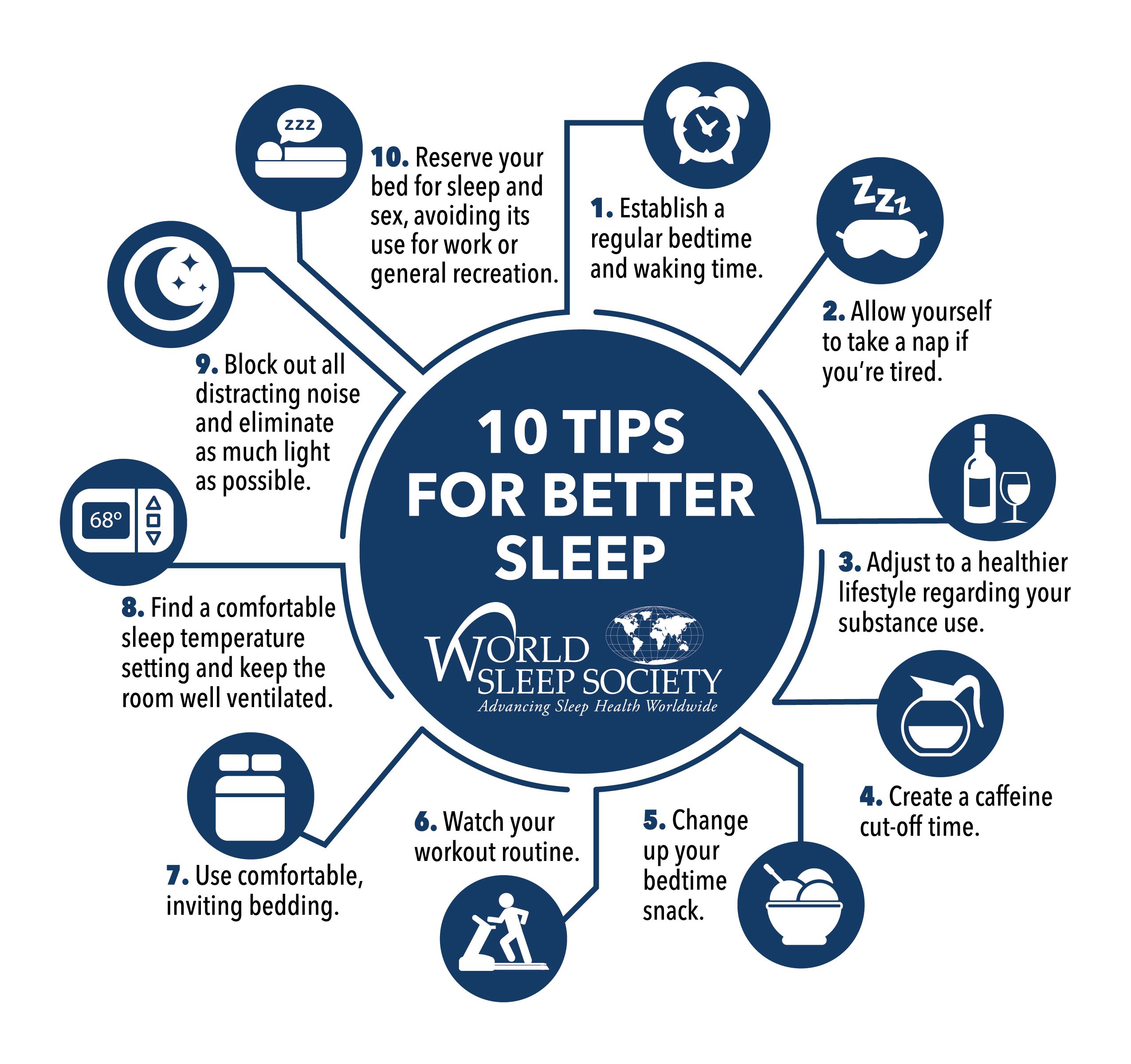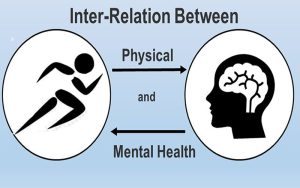
In today’s fast-paced digital world, achieving a restful night’s sleep can be challenging. Distractions, stress, and technology can disrupt our sleep patterns and leave us feeling groggy and unfocused throughout the day. However, by practicing good sleep hygiene and creating a peaceful sleep environment, we can improve our overall sleep quality and wake up refreshed and revitalized each morning. This article will guide you through Sleep Hygiene 101, helping you establish healthy sleep habits and optimize your sleep environment to ensure a truly rejuvenating slumber.
1. The Importance of Sleep Hygiene
Sleep hygiene refers to the practices and habits that contribute to healthy sleep patterns. Quality sleep is crucial for our physical and mental well-being, as it allows our bodies to repair, recharge, and consolidate memories. By maintaining good sleep hygiene, we can avoid sleep disorders, improve cognitive function, reduce stress levels, and enhance our overall quality of life.
2. Declutter and Organize
Creating a restful sleep environment starts with decluttering and organizing your bedroom. A cluttered space can lead to a cluttered mind, making it difficult to relax and fall asleep. Keep your bedroom free from unnecessary items, tidying up regularly, and creating a calming ambiance. Use storage solutions to organize your belongings and create a serene atmosphere that promotes tranquility.
3. Optimal Temperature and Lighting
Temperature and lighting play significant roles in creating a restful sleep environment. Make sure your bedroom is cool, ideally between 60-67°F (15-19°C), as a cooler room can facilitate better sleep. Invest in blackout curtains or shades to block out any unwanted light that might disturb your sleep. Ensure your bedroom is adequately dark when it’s time to rest, as darkness stimulates the release of melatonin, the hormone responsible for regulating sleep.
4. Comfortable Bedding and Mattress
Your bed plays a vital role in getting a good night’s sleep. Choose comfortable bedding, including soft sheets and supportive pillows, that suits your preferences. Additionally, pay attention to your mattress. A worn-out, unsupportive mattress can cause discomfort and lead to poor sleep quality. Invest in a high-quality mattress that aligns with your body’s needs, ensuring proper spinal alignment and reducing the risk of aches and pains.
5. Minimize Digital Distractions
In today’s technology-driven world, it’s essential to minimize digital distractions in your sleep environment. Avoid using smartphones, tablets, or laptops in bed, as the blue light emitted from these devices can disrupt your sleep cycle. Create a digital curfew at least an hour before bedtime, allowing your mind to unwind and prepare for rest. Instead, consider engaging in relaxing activities like reading, meditating, or taking a warm bath to transition into a sleep-ready state.
6. Establish a Bedtime Routine
Establishing a consistent bedtime routine signals to your body that it’s time to wind down and prepare for sleep. Incorporate soothing activities into your routine, such as listening to calming music or practicing deep breathing exercises. Avoid stimulating or energizing activities close to bedtime, as they can make it harder to fall asleep. Consistency is key in training your body to recognize the cues for sleep, ensuring a smoother transition into dreamland.
7. Limit Noise and Disturbances
Noise pollution can disrupt your sleep and affect its quality. Minimize external noise by using earplugs or investing in white noise machines that create a soothing ambient sound. If you live in a noisy environment, consider using a fan or a sound machine to mask disruptive sounds. By creating a peaceful soundscape, you can reduce the impact of disturbances and promote a restful sleep environment.
Conclusion
Achieving a restful sleep environment is essential for our physical, mental, and emotional well-being. By implementing the strategies mentioned in this article and incorporating good sleep hygiene practices into your routine, you can significantly improve the quality of your sleep. Remember, optimizing your sleep environment requires commitment and consistency, but the benefits are well worth the effort. Enjoy a peaceful and rejuvenating slumber by creating a restful sleep environment tailored to your needs.

